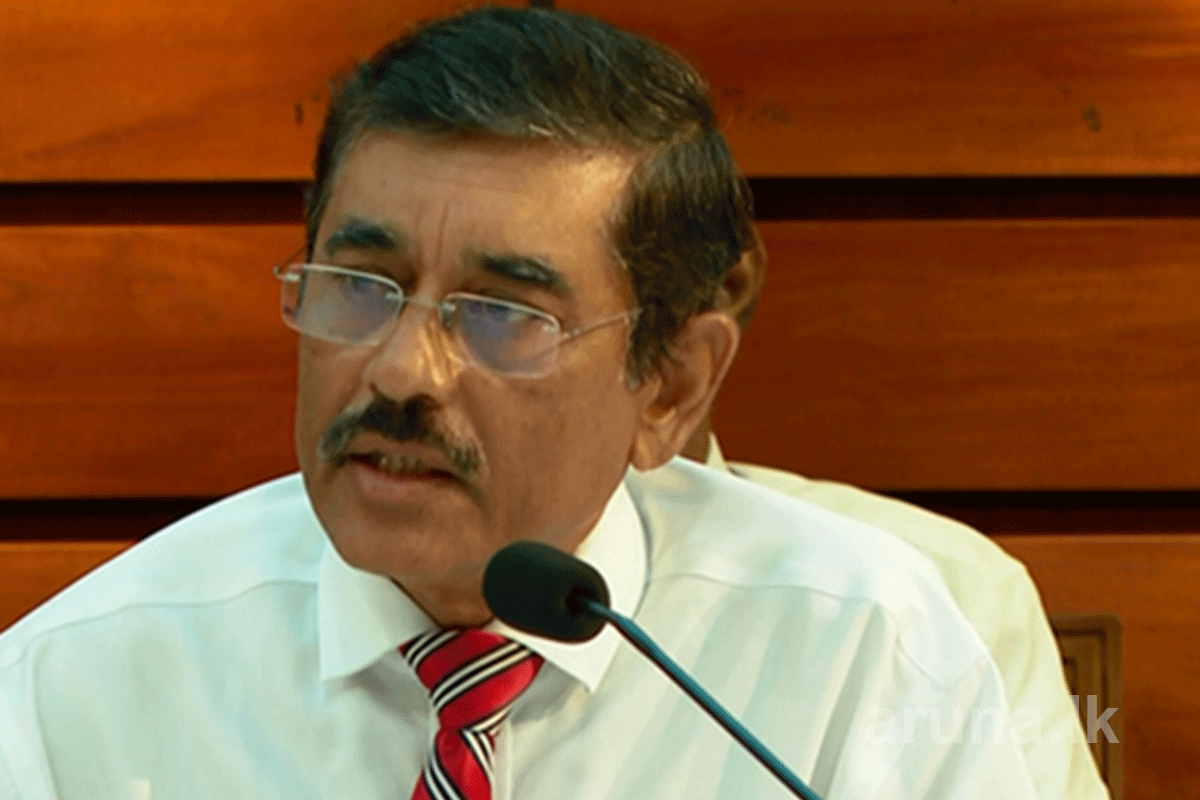Two-week grace period for individuals and entities to deposit foreign notes in a bank
CB Chief describes grace period as win-win to forex hoarders and economy
Asserts yet to finalise on retaining $ 15,000 limit or reduce to $ 10,000
Says initiative to provide extra rupees for foreign remittances is unfair by taxpayers
The Central Bank yesterday announced plans to enforce a limit on individuals and entities hoarding foreign currency illegally.
At present individuals and entities can hold foreign currency notes up to $ 15,000 and the action can be taken against contravening rules under Foreign Exchange Act.
“The move is to bring in the foreign exchange which is circulating outside the banking system and be utilised for essential imports,” Central Bank Governor Dr. Nandalal Weerasinghe told journalists.
He said those having foreign currency notes will be given a grace period of two weeks to be deposited to an account in the banking system either through a rupee account or a foreign currency account.
“I think it is a win-win opportunity. Those who have foreign currency in possession can gain a good exchange rate advantage and also get a 20% interest rate for their savings at the same time. On the other hand, improved inflow of foreign exchange to the banking system will help to stabilise the economy,” he added.
Dr. Weerasinghe said they are still considering on whether to maintain the same foreign currency holding limit at $ 15,000 or to bring it further down to $ 10,000. The move was announced after two nabbing $ 40,000 and € 50,000 in raids conducted recently.
“Upon the appointment of the new Finance Minister, the amount and the timeline for the implementation of the law will be decided,” he added. He also said that the Know Your Customer (KYC) compliance will apply in depositing them in the banking system.
Following the two-week grace period, the Governor said the Police and Central Bank officials will take action to seize illegally held foreign currency by the public. However, the Governor said that the Central Bank is unaware of the amount of foreign exchange that is being held or circulating outside the banking system.
“People who had gone abroad recently, got as gifts, are keeping those foreign currencies in their houses and bank vaults. But we have not received any intelligence on the amount, people and entities holding foreign currency,” he added.
Asked if the restrictions on foreign currency will further push people to go into secrecy, Dr. Weerasinghe said it is their choice, but involves high risk. “Keeping foreign exchange notes exceeding the stipulated amount is similar to the possession of illicit drugs. People know it is illegal, but chose to keep knowing the high risk involved. I believe that majority of law-abiding citizens will certainly not support it,” he added.
Central Bank...
The Central Bank Governor disagreed to provide an incentive as a move to attract foreign remittances, calling it ‘unfair’ by the taxpayers of Sri Lanka. “By staying in the country people pay taxes and earn money to provide for their families and if the Central Bank makes use of those tax money to provide incentives for migrant workers’ remittances — is unfair. There are incentives provided for migrant workers for exchange rate and duty-free,” he explained.
(FT)

